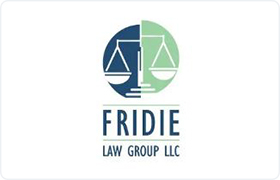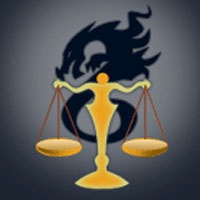Collingswood Divorce & Family Law Lawyer, New Jersey
Sponsored Law Firm
-
 x
x

Click For More Info:
-
Fridie Law Group L.L.C.
101 Route 130 Suite 306, Madison Building Cinnaminson, NJ 08077» view mapDivorce & Family Law We Fight For Your Rights
Reach out to us today for legal help on your case. We're available for free consultations and return all calls and emails within 24 hours.
800-859-9690
Louis Gerard Guzzo
✓ VERIFIEDLouis G. Guzzo, Attorney at Law, was formerly a law clerk to the presiding family law judge in Atlantic County. He has appeared as a speaker and guest... (more)
Mark Guralnick
Our team is led by national trial lawyer Mark S. Guralnick, who has credentials like no other lawyer. With 8 college degrees, multiple specialty certi... (more)
Michael D. Fioretti
✓ VERIFIEDThe Law Offices of Michael D. Fioretti has been in existence since 1981. Our firm’s practice extends to the following counties: Bucks, Chester, Dela... (more)
Jeffrey F Dragon
✓ VERIFIEDJeffry Dragon is a practicing attorney in New Jersey. He attended Rutgers University School of Law where he received his J.D. He currently specializes... (more)
 James Fridie Cinnaminson, NJ
James Fridie Cinnaminson, NJ Practice AreasExpertise
Practice AreasExpertise




